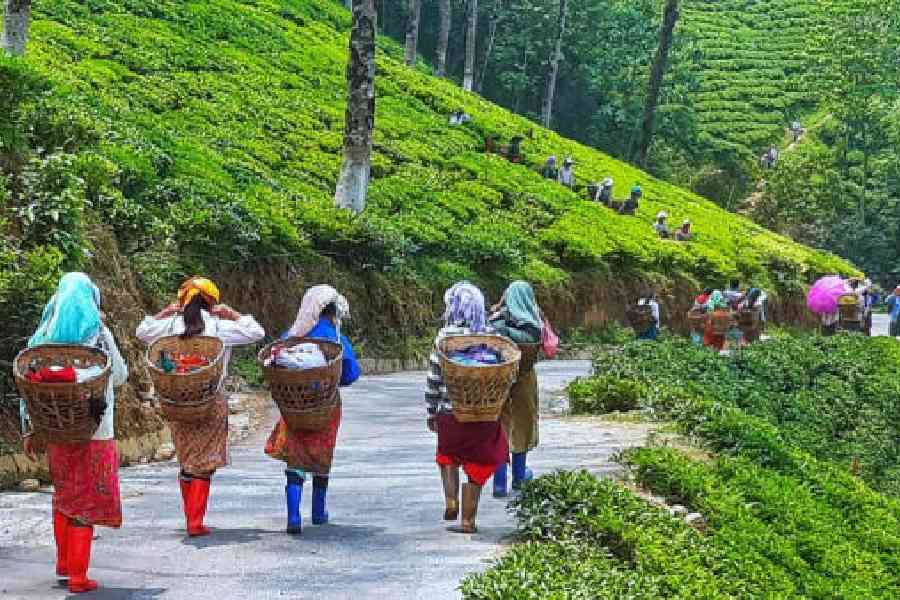The Union ministry of commerce and industry has recently approved a sum of ₹664.09 crore for the development of the tea industry in the country.
The approval has come for the Tea Board’s “tea development and promotion scheme” and broadly covers plantation development and quality upgradation, tea promotion and market support, technological intervention, research and welfare and capacity building for workers.
"The duration of the scheme is from 3rd October 2024 to 31st March 2026. The commencement of receipt of applications under various activities will be from 15th October 2024…..” a notice from the tea board reads.
The review and progress of the implementation of the scheme will be monitored by a “scheme coordination and monitoring committee” while the overall monitoring will be done by the “steering committee” both of which will be headed by the deputy chairman of the board.
The scheme also looks into addressing a key issue revolving around the replanting activity. Many tea bushes are more than a century old in the Darjeeling industry.
"Replanting activity will be considered only for the big tea gardens (area more than 10.12 ha) that are registered with Tea Board India, in all tea growing areas. 2. The minimum age of the tea bushes prior to uprooting must be 50 years as per records available and maintained by the tea estate,” the notice states.
The minimum area for uprooting should not be less than 4 hectares.
“However, in the case of the Darjeeling hills of West Bengal and the state of Himachal Pradesh and Uttarakhand, the minimum area will be 1 hectare,” the notice states.
Gardens must not default on provident fund payments while applying for aid.
The gardens will receive financial assistance of 25 per cent of the unit cost of ₹10 lakh per hectare. This essentially means the garden will receive assistance at the rate of ₹2.5 lakh per hectare in two instalments of ₹1.5 lakh and ₹1 lakh respectively.
Tea production by the Darjeeling industry has come to an all-time low. The industry is currently producing around 6.5 million kilos of made tea against an industry high of around 14 million kilos.
Other components of the assistance include raising nurseries, including those by start-ups, organic conversion and certification for small tea growers as well as welfare measures like awards and scholarships for tea workers’ children.











